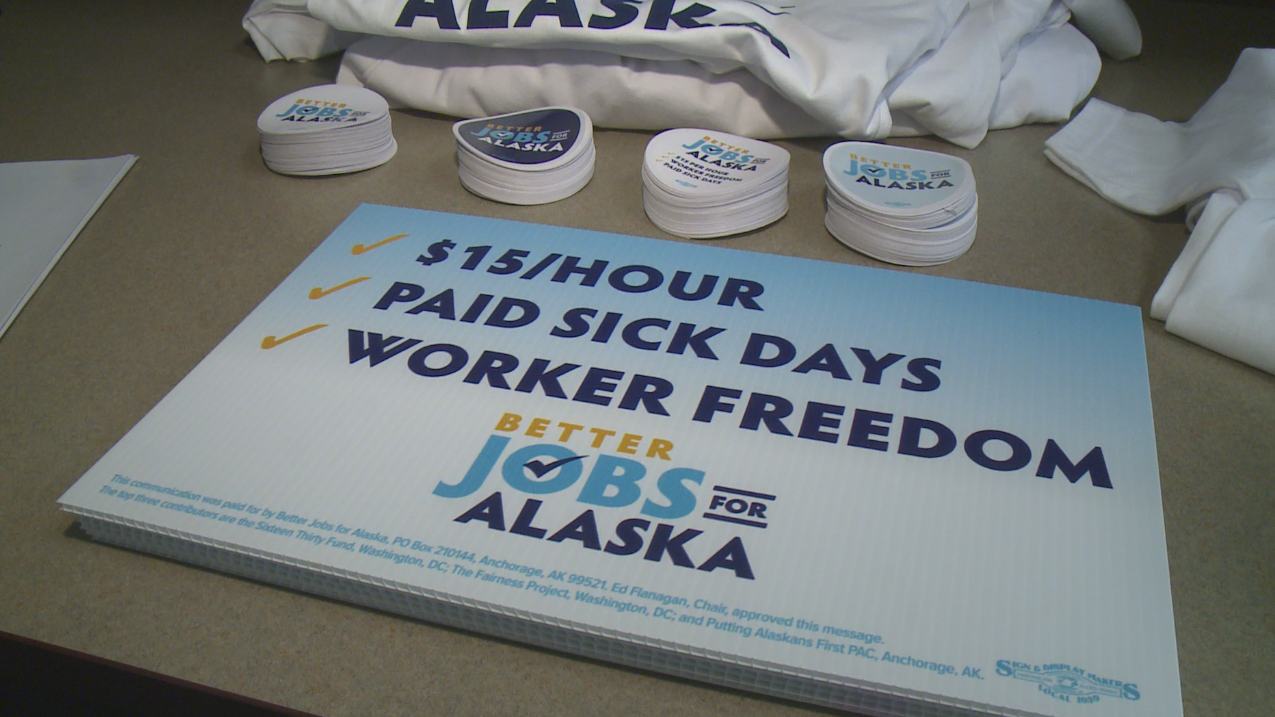Just ask any HR person and they will say their number one worry is compliance. New employment laws are constantly implemented which leaves HR to pick up the pieces. Here are the top four compliance challenges companies face today.
Minimum Wage
Because of the hundreds of ever-changing laws surrounding minimum wage rates, not to mention the related labor law postings, companies may struggle to find a simple way to manage them. Starting January 1, 2022, SeaTac, WA will have the highest minimum wage in the country at $17.53/hour. This will exceed Emeryville, CA, currently at $17.13/hour. Emeryville minimum wage changes on July 1.
Along with an increase in the minimum wage comes the potential for wage compression. Sometimes, new hires or employees with less experience may end up being paid at just slightly less or the same rate as tenured employees with more experience. Organizations must assess the impacts of these changes on their pay structure and develop a plan for addressing resulting pay inequities.
Scheduling
Many healthcare facilities require certain nurse-to-patient ratios to receive a high rating with the Centers for Medicare and Medicaid Services. These ratings are used to help consumers select the best facility for their family members. Making certain these locations have the proper staffing ratios is vital for these organizations.
In recent years, predictive scheduling laws have become more common, especially in retail and hospitality. Giving workers advance notice of schedules is just part of the compliance equation.
Employers may have to pay workers more for certain hours (back-to-back closing and opening shifts), offer hours to existing workers before making a new hire, give new employees a good faith estimate of potential hours, and more.
Paid Leave
Since 2015, more than 26 jurisdictions have passed paid leave laws. In addition, COVID presented a temporary twist for companies to provide additional paid leave. Washington state has its own Paid Family and Medical Leave. Congress is currently working on similar legislation to Washington state but needs to find a way to pay for it.
Companies need to keep up with state and local paid leave laws to make sure they comply. As an example, the Colorado Department of Labor Division of Labor Standards and Statistics has proposed modifications to its Wage Protection Rules expanding the definition of ‘vacation pay’. Currently, if an employee leaves their company, the company must pay any accrued vacation pay but not other time off such as sick pay. For those companies who have one Paid Time Off accrual (a combination of vacation, sick, and personal time), the company does not have to pay out any balance if an employee leaves. New proposed rules will change this to have all Paid Time Off be paid if an employee leaves.
COVID-19
With conflicting federal, state, and local guidelines regarding tracking immunized employees or those with exemptions, trying to stay compliant is a huge challenge. On top of tracking employees, some municipalities require confirmation that customers are vaccinated before entering their dining establishment.
The best thing companies can do is be consistent. Create a clear process for employees to submit their vaccination or accommodation requests. Communicate early and often on what the company requires of the employee to fulfill this requirement.
How Can We Help
Employment law compliance is a major concern for employers in all industries. The best thing companies can do is have systems in place which help make these compliance issues less burdensome.
To learn how we can help your company with compliance, contact Time Equipment Company at sales@timeequipment.com or 800-997-8463.










